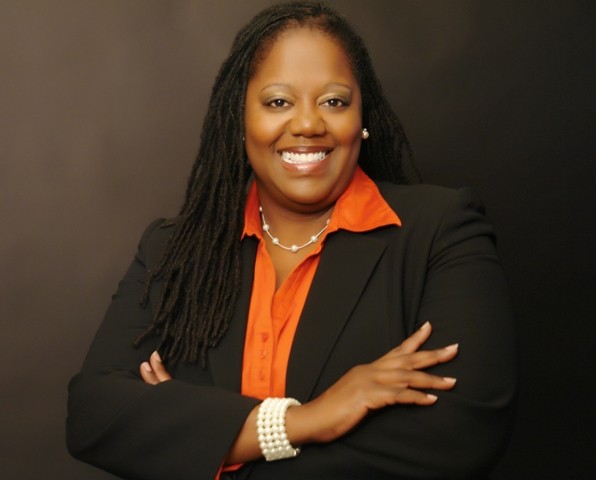Mayfield's comment was a reply to an audience member, who asked if the Charlotte City Council was considering a resolution officially opposing the anti-LGBT amendment that North Carolinians will vote on during the May 8 primaries. Other cities, including Raleigh, Durham, Chapel Hill and Greensboro, have already passed such resolutions.
Civil rights activist Matt Comer, former editor of Charlotte's LGBT magazine QNotes, wrote about it at his blog, InterstateQ: Destination Equality, on Friday and again today. Here's a snippet:
Anyone with even a single iota of knowledge on how local government works knows that city councils and other local governing bodies (e.g. county commissions, transportation commissions, etc.) take public positions on state and federal matters on a regular basis ... The City of Charlotte is no exception. The council’s Governmental Affairs Committee meets regularly in order to discuss, debate and propose the city’s annual state and federal legislative agenda. They even publish a calendar outlining the timing of their deliberations and subsequent approval by city staff and city council.
LGBT activists who helped elect Mayfield were disappointed that she seemed to be distancing herself from an answer she gave the LGBT community before her election. Qnotes had asked her the following question:
Would you support the adoption by city council of a legislative agenda that includes items to (a) seek legislative approval to extend public accommodations and public housing ordinances to include both sexual orientation and gender identity, (b) oppose the state’s 1996 Defense of Marriage Act, a statute which bans recognition of same-sex marriages, and (c) oppose any attempt to pass a state constitutional amendment that would ban recognition of same-sex marriages, civil unions, domestic partnerships and other legal arrangements?
Mayfield's reply:
"Yes I would support A, B and C. I believe that by building relationships and commitments among the Council members we can ensure enough support to sustain a yes vote."
At issue is the state anti-family amendment designed to hurt gay couples and their extended families. Comer's blog post today pointed out exactly how the passage of this amendment would impact Charlotteans. Here are a few of his key points:
* The amendment would bar the extension of health and other benefits to the same-sex partners of city employees. The city doesn’t currently offer these benefits, but, as mentioned by Mayfield, the issue is currently being discussed and considered by council members and city staff. If the city truly desires to one day offer these benefits to LGBT employees’ families, then taking a position on the amendment and its ban on domestic partner benefits is a question of concern for the city and, therefore, deserves attention from our city council.* The amendment could mean the end of domestic violence protection for individuals, both gay and straight, in unmarried relationships. The city-county’s joint police department would have to explore new ways to combat and control domestic violence between unmarried partners. How would the police department ensure the safety of a person being battered and abused by an unmarried partner? How much authority would they have to remove the abuser from the household if law prohibits the recognition of their relationship? The city oversees and administers the police department, therefore it is a question of concern for the city and, therefore, deserves attention from our city council.
* The amendment could invalidate joint child-custody and visitation arrangements between unmarried couples. Though the county primarily oversees the social services and children’s welfare programs here, if the city has any stake at all in the preservation of healthy homes and families, then this is a question of concern for the city and, therefore, deserves attention from our city council.
To read Comer's pieces in their entirety, go to his InterstateQ blogsite.


